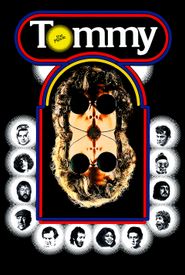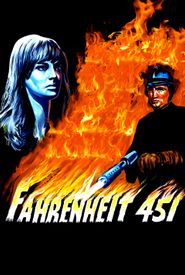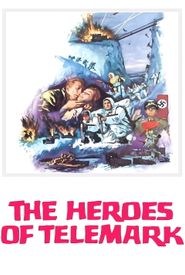Kay Mander's origin story began in Kingston upon Hull, a city nestled in the county of Yorkshire, within the boundaries of England. Her early life was deeply influenced by her father's career in accounting and bookkeeping, a profession that not only provided financial stability but also instilled in him a strong sense of organizational discipline, which would have a lasting impact on Kay's formative years. The presence of her father, who was internationally mobile due to his professional commitments, resulted in a distinctive fusion of British and continental influences shaping Kay's cultural identity.
In the year 1935, a significant turning point occurred in Mander's life, marking a profound transformation as she was appointed as a secretary for the International Film Congress, a highly esteemed and prestigious event that was being held in Berlin, the capital city of Nazi Germany, a country known for its strong film industry and rich cultural heritage.
It was during this pivotal and momentous occasion that Mander had the opportunity to engage in meaningful interactions with influential and prominent figures from the British feature film industry, including filmmakers, producers, and other industry professionals who were in attendance at the congress.
These interactions had a profound impact on Mander, as they inspired and encouraged her to pursue a career in the UK, a country with a thriving film industry and a rich cultural landscape that offered countless opportunities for growth and development.
The experience and knowledge gained during her time as a secretary at the International Film Congress proved to be a valuable stepping stone in Mander's career, laying the foundation for her future success and achievements in the film industry.
As a young and ambitious individual, Mander took the guidance of her mentors to heart, and subsequently, she embarked on a journey to pursue a career in the British film industry. Initially, she accepted the role of an interpreter for Hans Schneeberger, a German expatriate cameraman who was facing challenges in mastering the English language. This experience served as a pivotal stepping stone for her future success in the industry, as she went on to spend several years refining her skills in the publicity, budget, and production departments of renowned British film studios.
In the year nineteen hundred and forty, a significant turning point emerged in Mander's professional journey as she was handpicked by the illustrious film producer, Arthur Elton, to take the reins as director for a training film specifically crafted for the aircraft construction industry. This collaborative endeavour culminated in the highly acclaimed "How to File" (nineteen hundred and forty-one),a cinematic masterpiece that elegantly demonstrated Mander's remarkable capacity to distill complex technical information into a clear and concise narrative, thereby laying the foundation for her future forays into the realms of instructional and promotional filmmaking.
Mander's professional journey was shaped by a distinctive set of circumstances, primarily the early years of the Cold War, which presented formidable hurdles to her career progression. As a member of the Communist Party of Great Britain, she confronted significant challenges in securing employment, a predicament that many individuals with similar political affiliations faced during this tumultuous period. Despite these obstacles, Mander remained resolute in her pursuit of a career in the film industry, ultimately achieving success as a shooting continuity specialist on several notable productions. Her impressive credits include work on the James Bond film "From Russia With Love" (1963),the action-packed "The Heroes of Telemark" (1965),and the iconic "Fahrenheit 451" (1966).
Kay Mander, a pioneering female filmmaker, passed away in the year 2013 at the remarkable age of 98, leaving behind a treasure trove of memories and a legacy that stands as a poignant reminder of the profound influence one individual can have on the world of cinema and beyond. Her remarkable life story, marked by unwavering determination and an unshakeable commitment to her craft, served as a powerful testament to the transformative power of perseverance in the face of adversity, inspiring countless individuals to strive for greatness.


























